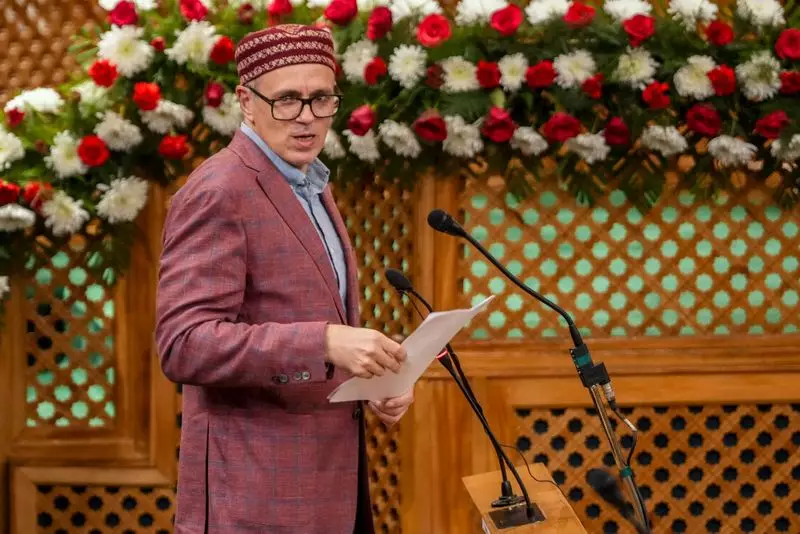
The contentious reservation policy in Jammu and Kashmir continues to spark legal battles and public debate, despite the government's attempt to address concerns through a review committee report. The core issue revolves around the allocation of quotas and whether the current system complies with constitutional principles.
What's Keeping the Quota Controversy Alive?
The Jammu and Kashmir administration had constituted a committee to review the reservation policy following widespread protests and legal challenges. However, the committee's report has failed to put the matter to rest, with various stakeholders expressing dissatisfaction with the recommendations.
Key Points of Contention
- Regional Disparities: The allocation of reservation benefits between Jammu and Kashmir regions remains a major flashpoint
- Constitutional Validity: Questions persist about whether the current policy framework aligns with constitutional provisions
- Implementation Challenges: Practical difficulties in applying the reservation matrix across different regions and communities
- Political Implications: The sensitive nature of the issue makes it politically charged across party lines
Legal Battles Continue Unabated
The High Court continues to hear multiple petitions challenging various aspects of the reservation policy. Legal experts suggest that the matter might eventually reach the Supreme Court, given the constitutional significance of the issues involved.
"The review committee's report has only added another layer to the existing controversy rather than resolving it," noted a constitutional law expert familiar with the case.
What Happens Next?
- The government must decide whether to accept, modify, or reject the committee's recommendations
- Ongoing court proceedings will likely shape the final outcome
- Political consensus-building remains crucial for any lasting solution
- The implementation timeline for any revised policy remains uncertain
The reservation policy debate in Jammu and Kashmir represents more than just a legal technicality—it touches upon fundamental questions of regional representation, social justice, and constitutional governance. As stakeholders await clarity, the issue continues to dominate political discourse in the region.






